|
Understanding how to interact with nature has a significant impact on the cognitive, behavioural and emotional development of preschool children. This is particularly important in the context of the current climate crisis, as a generation accustomed to the outdoors is more likely to be concerned about the environment. Outdoor education is emerging as a pioneering educational strategy that not only provides lasting, high-quality learning experiences, but also fosters an ethos of environmental stewardship. By intertwining these aims, outdoor education addresses two of the most important issues facing society today: providing lasting educational excellence and instilling a deep appreciation of the need to protect our planet in the face of the daunting challenge of climate change. The new edition of the course “Outdoor education for preschool teachers” took place in Tenerife from 14/04/2024 to 20/04/2024. The participants came from all across Europe, with Blanche Ancellin from Ecole Maternelle Maurice Caeme in France, Eva Hrönn Jónsdóttir Valey and Sara Árnadóttir from preeschool Álfheimar in Iceland, Aude Kedzia and Benjamin Soulas from Notre Dame des Collines and Anastasija Utyrė, Eglė Malašauskė and Silvija Krutėjevaitė from UAB STEAM pasaulis in Lithuania We start our journey together by finding a definition of outdoor education and we delve deeper into its benefits. Participants had the opportunity to share their personal experiences of teaching in nature. Tailored specifically for pre-school educators, the course also provided an insight into the Spanish education system. Participants gave presentations on their respective schools to encourage comparative analysis of teaching methods and approaches. A significant part of the programme focused on hands-on activities in the local parks and beautiful beaches of Tenerife. The range of games tested during these sessions were well received and served as a source of inspiration for participants to design and develop their own outdoor educational activities, tailored to the specific needs of their students. Participants also gained insight into the crucial aspect of outdoor space management, learning how to carefully analyse areas to prevent potential hazards. Through practical outdoor exercises, they identified key zones, potential hazards, and recreation and relaxation areas. This experiential learning approach equipped them with the skills to organise safe outdoor activities for their students. A visit to a rural school provided a first-hand opportunity to discover an exemplary model of outdoor learning. Observing children actively engaged with their peers and the natural environment provided valuable insights into the practical implementation of outdoor education. The final part of the course focused on cultivating ecological knowledge and integrating green practices into pedagogy. Participants delved into theoretical discussions on climate change and gained strategies for effectively addressing the issue with young learners, using a range of engaging games and activities.
Discover more about this course here. |
Welcome to the ELA Blog. Here you will find articles and photos of our courses and have a look at the topics addressed during the week in Bologna, Palermo and Tenerife. You will also have the chance to take a peek at our projects and check out what we have been up to.
Archives
July 2024
Categories |
-
Course catalogue
- 2023-2024 course catalogue
- Soft Skills >
- ICT and New Technologies >
- Inclusion and Diversity >
-
Innovative Teaching Methods
>
- Innovative teaching methods discovery
- Non-formal education teaching methods
- Dual education and work-based learning
- Teaching leadership and entrepreneurship
- Project based learning
- Game based learning and gamification
- Green skills
- Outdoor education
- Outdoor education trekking edition
- Promoting creativity and critical thinking
- Languages and EU projects >
- Preschool >
- Erasmus Plus KA1
- What we do
- About us
- Locations
- Blog
- Contact us
 English
English български
български Čeština
Čeština Español
Español Français
Français ελληνικά
ελληνικά Italiano
Italiano Polski
Polski Português
Português Română
Română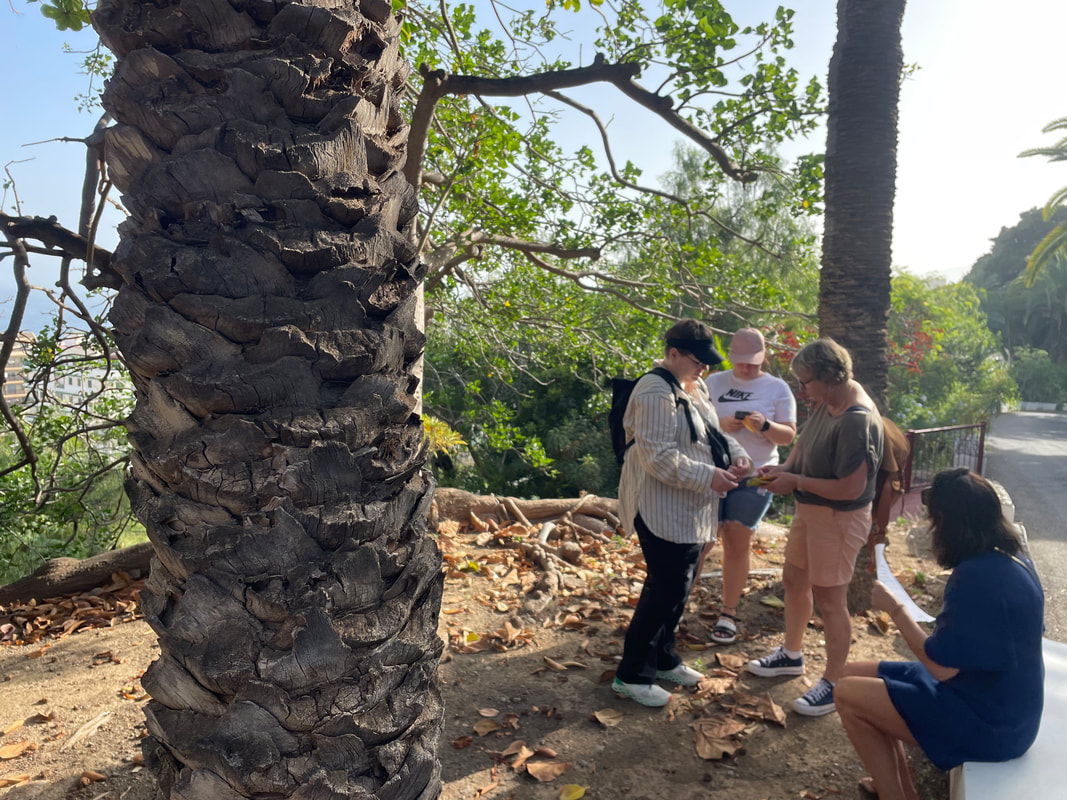
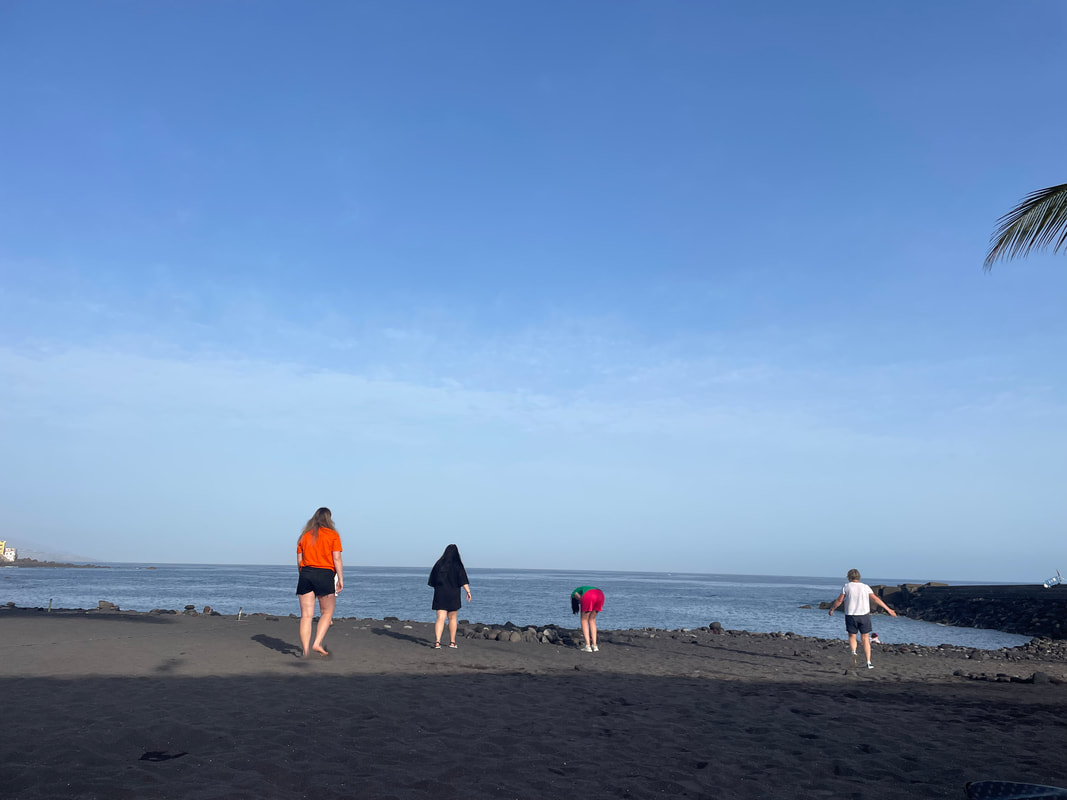
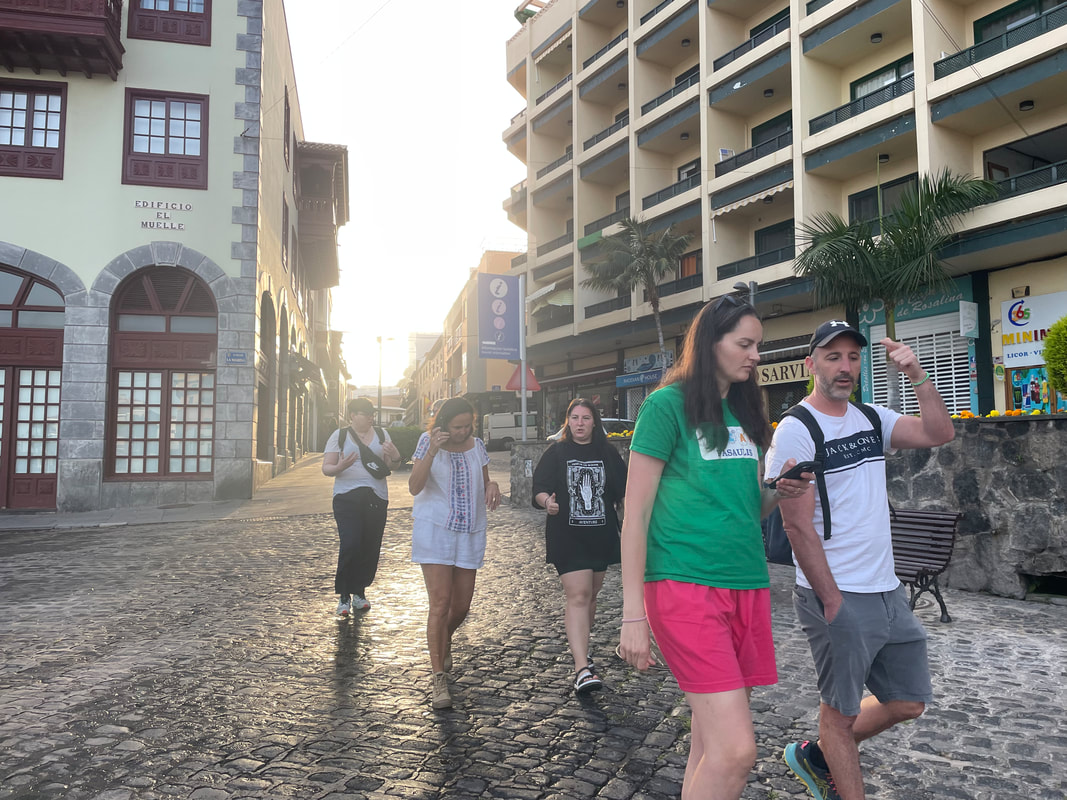
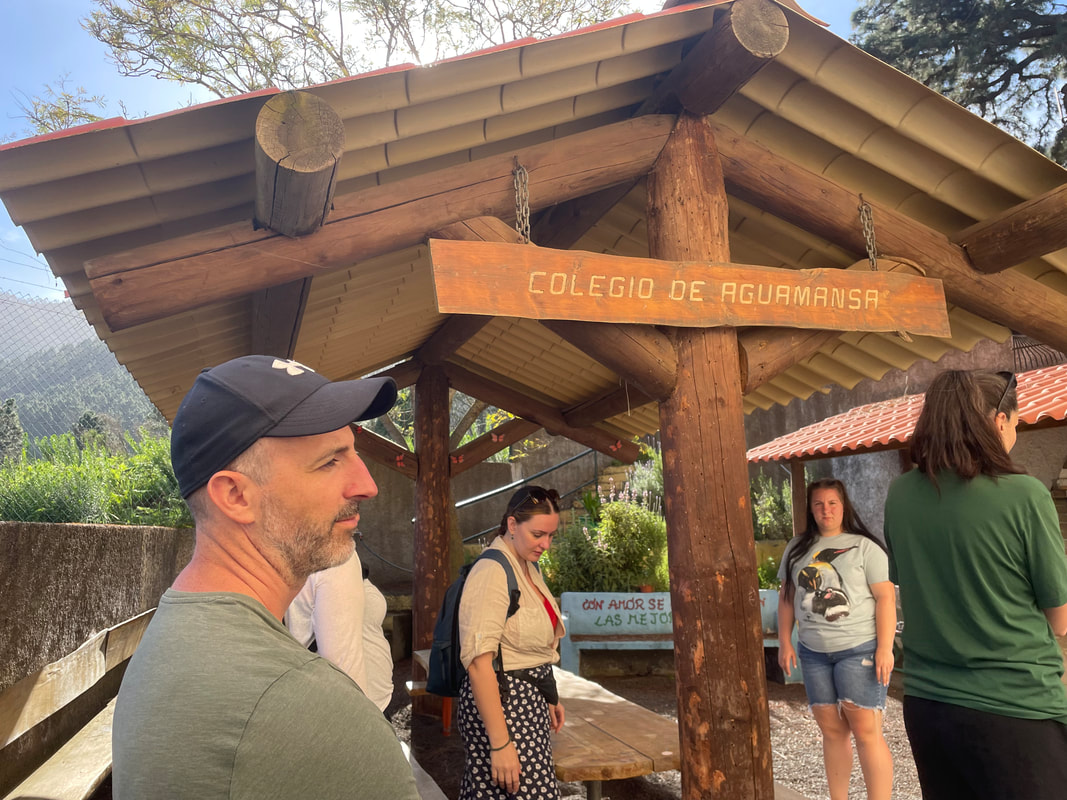
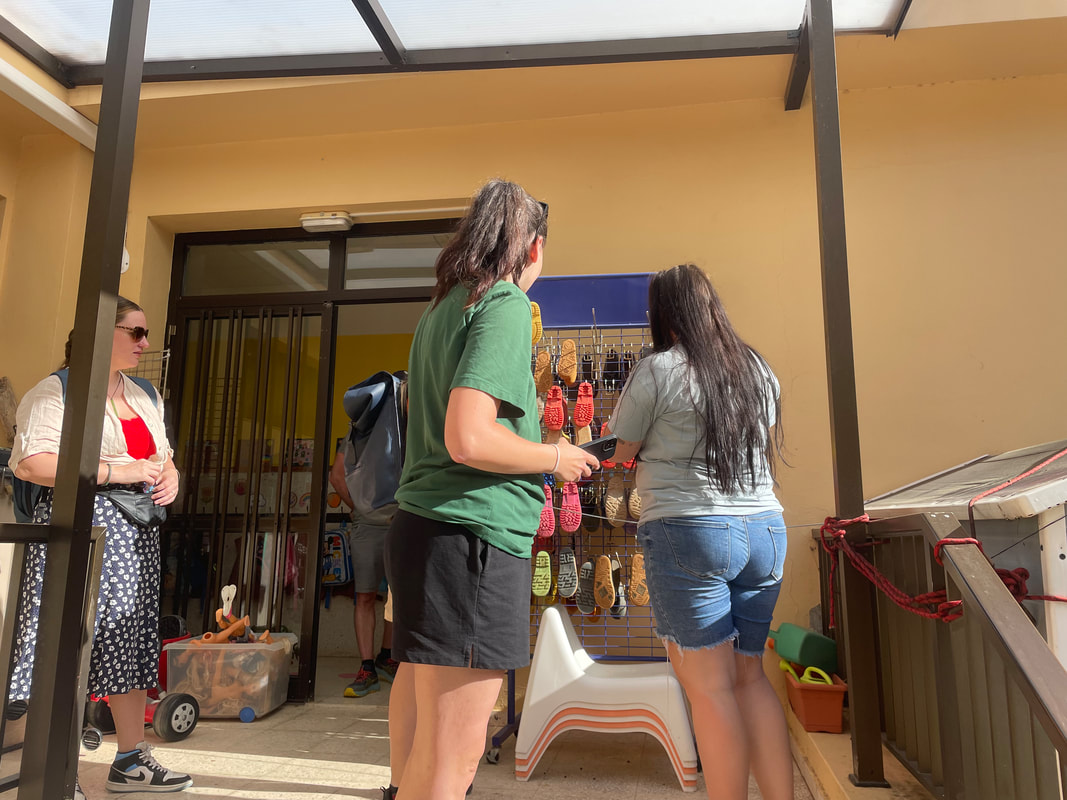
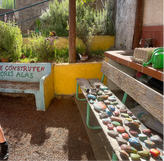
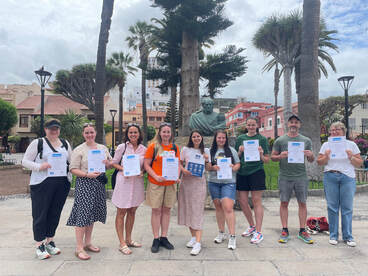
 RSS Feed
RSS Feed









